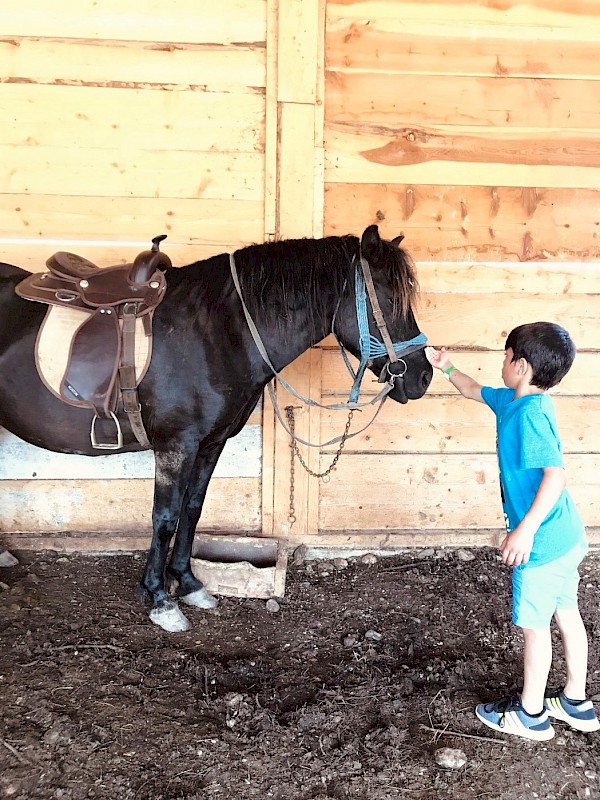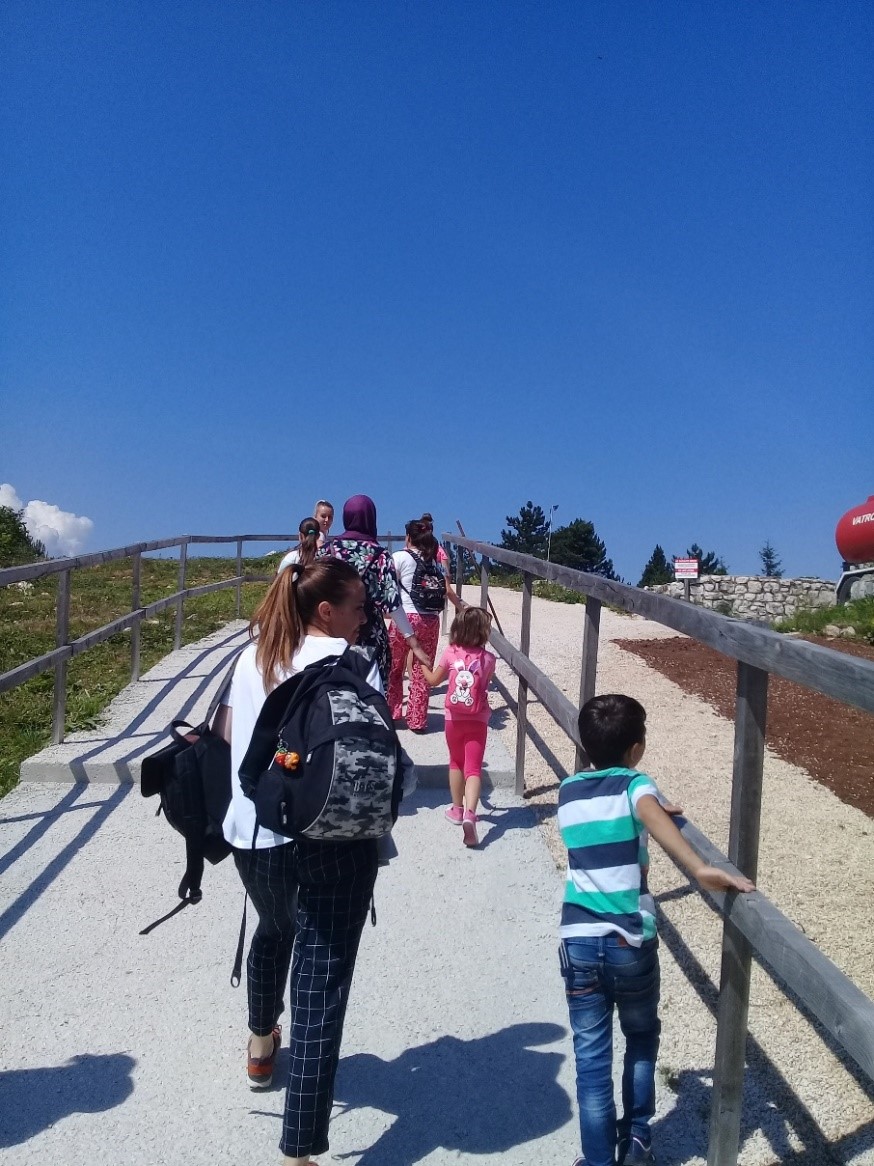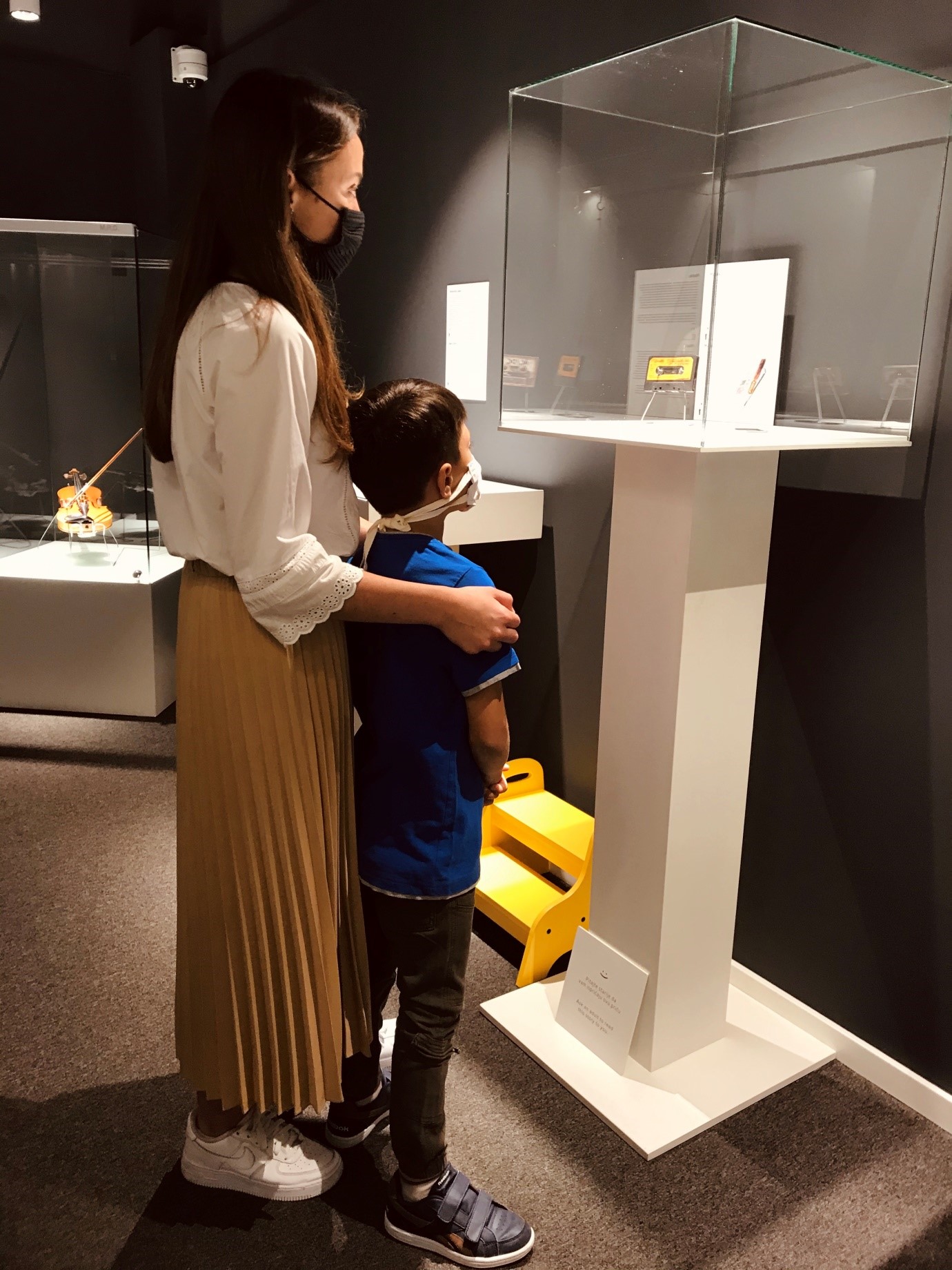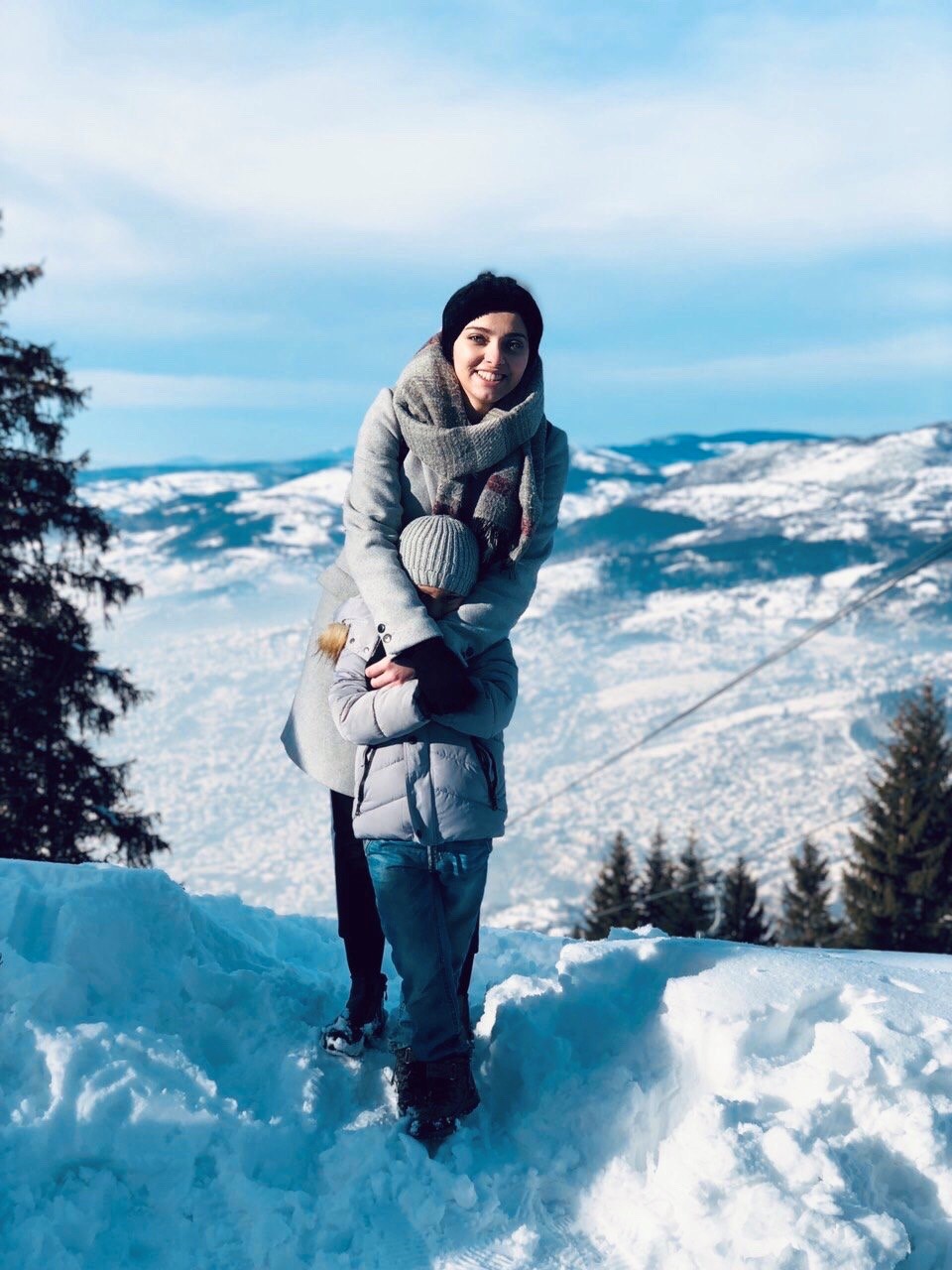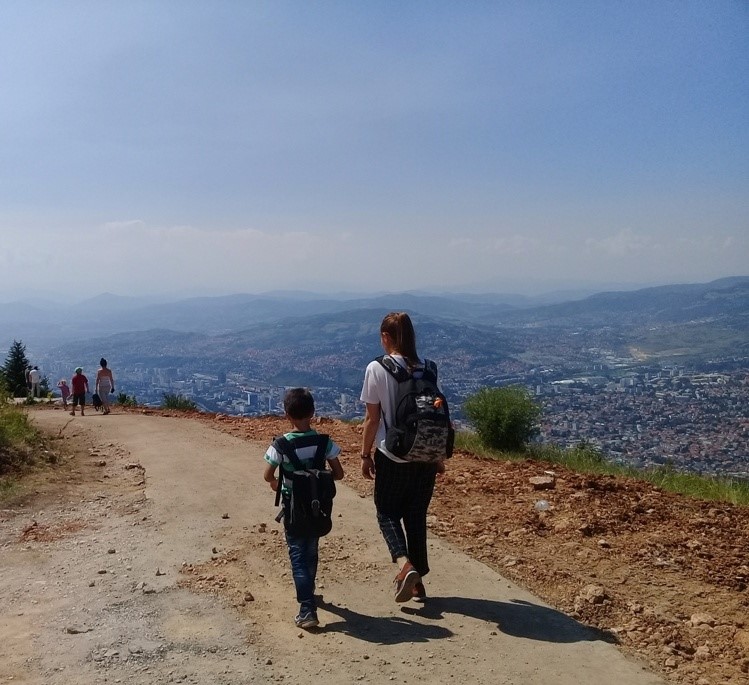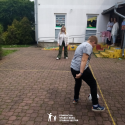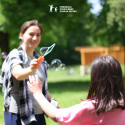‘Only with the heart one can see rightly; the essence is invisible to the eye.’
‘Only with the heart one can see rightly; the essence is invisible to the eye.’
‘Only with the heart one can see rightly; the essence is invisible to the eye.’
We learned this important lesson from the well-known novel The Little Prince and the majority of our volunteers witness exactly this through their meetings with their youngest ones. One of those volunteers is NadiraJažić, 22, a third-year student at the Faculty of Law of the University of Sarajevo and a volunteer in the Association for Addiction Prevention NARKO-NE.
Tell us something about your younger brother. How did you two meet?
The boy knew quite a lot about the project because most of his friends were involved in it, so his first impression was that he could not wait to get an older sister. He could not hide his joy and excitement and, honestly, neither could I. In the beginning, the younger brother was extremely quiet; our communication consisted mainly of replying to the questions asked.
In a relatively short period, the boy and I found a mutual language and made our ‘small plans’ for every following meeting. I am fascinated with the boy's perseverance, his wish to socialize, learn, and with numerous topics that we share.
My younger brother is 8 now. He plays football, and one of his dreams is to become a football player. He is excellent at math. We often comment on our favorite football club's victories and defeats.
I sometimes analyze his sentences, and I am amazed by the depth of what I hear, hence I can say that we should allow children to speak and listen to them attentively. Children's monologues can often be a message to us adults.
What do your meetings look like?
We would begin our meetings with me first consulting his social worker about the specific time in which I should come and collect the boy; the time depends on his school shift and free time. (We would continue with our meetings) Of course, with everything being donein accordance with ‘our small rules’ regarding the behavior and pocket money use.
Seeing theatre plays, visiting museums, going for a walk through the city, participating in various workshops, visiting fairs, taking a cable car drive are only some of the positive experiences that will, I believe, stay deeply engraved in the boy's memory and mine as well.
I realized through our meetings that the boy has no more the fear of sharing his opinions, that he does not feel less important than other children, and he makes himself, compellingly, impressive through conversation not just to us volunteers, but to other children, too.
While I am teaching my younger brother things he will need to more easily handle life's ups and downs, I am left in wonder with the way he thinks and with how he finds a solution to everything. I love his perseverance and enthusiasm towards schoolwork, and I love the energy with which he does all of it.
It is exactly through my meetings with the boy that I flutter away into his world of imagination, carelessness, and joy. Every meeting with my younger brother means a return to my childhood. I allow myself to snatch for a moment from everyday life, and to enjoy little things that only childhood can offer.
What does being a volunteer mean to you, being an older sister?
The Older Brother, Older Sister volunteering project is an effective and long-term process in which we, volunteers, grow simultaneously with the children.
The definition of happiness, in my opinion, is to work and wisely use one's free time. It is always time for change that will lead to new opportunities; and devotion, energy, and effort cannot be paralleled with the feeling we feel after it.
Of course, I plan to continue volunteering and to keep in touch with my younger brother, and I want to say the followingto all potential volunteers: ‘Only with the heart one can see rightly; the essence is invisible to the eye,’ one of the outstanding messages from the novel The Little Prince that served as a guide to me from the beginning of my meetings with the boy.
By Ivana Radić

